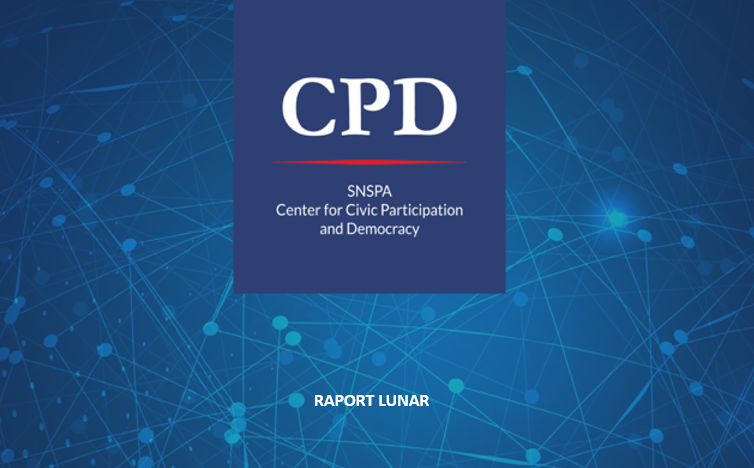Summary
- Russia remains in first place in terms of mentions, followed by the EU and NATO. Unlike the previous month, the EU and NATO are exchanging positions. Compared to March, the only actor with an increase in the number of mentions is France. All other actors included in the analysis are declining.
- Russia is also in the first place in terms of viewership, even if it is declining compared to the previous month. In second place is the EU, followed at a distance by the United States. Compared to March, the only actors that decrease in number of views are Russia, the USA, and NATO. Israel also stands out, with a relatively constant number of views.
- All the actors considered have the most mentions on social networks (Facebook). Only in the case of Great Britain, the number of mentions on social networks is close to that of the online press, but even in this case most of the mentions are on social media. However, for almost all the international actors included in the analysis, the biggest impact is the online press mentions. The only exception is NATO, with a slightly higher impact of mentions on social media (but close to the online press).
- The vast majority of mentions are in the context of the Russia-Ukraine war, in the case of the EU, but also of Germany being mainly about the issue of energy dependence on Russia. France and China stand out, which, in addition to the mentions associated with the war, are also present in the Romanian online space in the context of the presidential elections, respectively of the coronavirus pandemic. Israel is also mentioned in many particular contexts, distinct from the general theme.
- Regarding the profile of social network users and the mentions for the monitored actors, there is an increase in interest, compared to the previous month, in the 30-34 age group, but also a decrease in the case of those aged 40-44. This is less true in the case of the United Kingdom, for which there are no significant developments compared to the previous month, but also in the case of Israel, which has a decrease in interest in the 30-34 age group and an increase in the case of those over 60 years old.
The full study (in Romanian) is available here.
